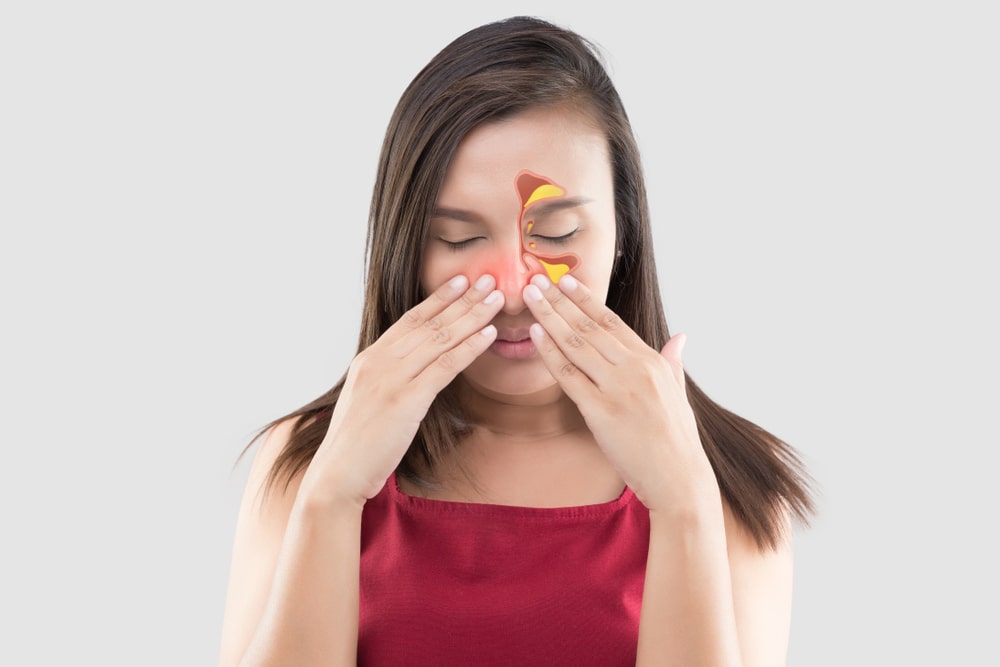Sinusitis and Seasonal Changes: How Weather Affects Sinus Health?

Sinus infection is a common ailment that is experienced by many. This infection can make daily life uncomfortable and unpleasant. It's not just the infection itself that causes discomfort, external factors like weather changes can make the sinus issues worse.
If you want relief from sinusitis symptoms, it is important to understand how weather affects sinus health. In this blog, we'll discuss how changes in weather affect sinus health, providing insights into managing sinusitis amidst seasonal transitions.
What is Sinus Infection?
Sinus infection, medically known as sinusitis, occurs when the sinuses, which are small, air-filled cavities behind your cheekbones and forehead, become inflamed. This inflammation can result from various factors, including viruses, bacteria, fungi, or allergies. Common symptoms of sinusitis include nasal congestion, facial pain or pressure, headache, cough, and fatigue.
How Does Changes in Weather Affect Sinus?
Weather changes, particularly fluctuations in temperature, humidity, and air pressure, can have a significant impact on sinus health. When the weather shifts abruptly, such as during seasonal changes, the sinuses may struggle to adapt. This leads to inflammation and congestion.
Additionally, cold and dry air can irritate the nasal passages, while humidity can promote the growth of allergens like mould and dust mites. This triggers allergic reactions and worsens sinus symptoms.
Sinus and Spring Season
For many sinus sufferers, springtime indicates the onset of seasonal allergies, commonly known as hay fever. Pollen from trees, grasses, and weeds can trigger allergic rhinitis, causing sneezing, congestion, and itchy eyes—all of which can exacerbate sinusitis symptoms.
How Do You Treat a Blocked Sinus Yourself?
While sinusitis can be uncomfortable, there are steps you can take at home to relieve symptoms and get sinus relief. These include-
1. Getting plenty of rest- Allow your body time to recover by getting adequate rest and sleep.
2. Drinking plenty of fluids- Staying hydrated helps thin mucus, making it easier to drain from your sinuses.
3. Taking painkillers- Over-the-counter pain relievers like paracetamol or ibuprofen can help reduce pain and discomfort associated with sinusitis. However, aspirin should not be given to children under 16.
4. Avoiding allergens- Identify and avoid triggers that worsen your sinus symptoms, such as pollen, dust, or pet dander.
5. Not smoking- Smoking can irritate the nasal passages and worsen sinusitis symptoms, so it's essential to avoid tobacco smoke.
6. Cleaning your nose with a saltwater solution- Nasal irrigation using a saline solution can help flush out mucus and allergens, providing relief from congestion and pressure.
Get Sinusitis Treatment at Pearl Chemist Group
Sinusitis can be challenging to manage, especially when weather changes worsen the symptoms. If you need professional treatment for sinusitis, get in touch with us.
Contact us for sinus infection treatment through Pharmacy First in Morden, Streatham, Tolworth, Wandsworth, Wimbledon, and other surrounding areas.






